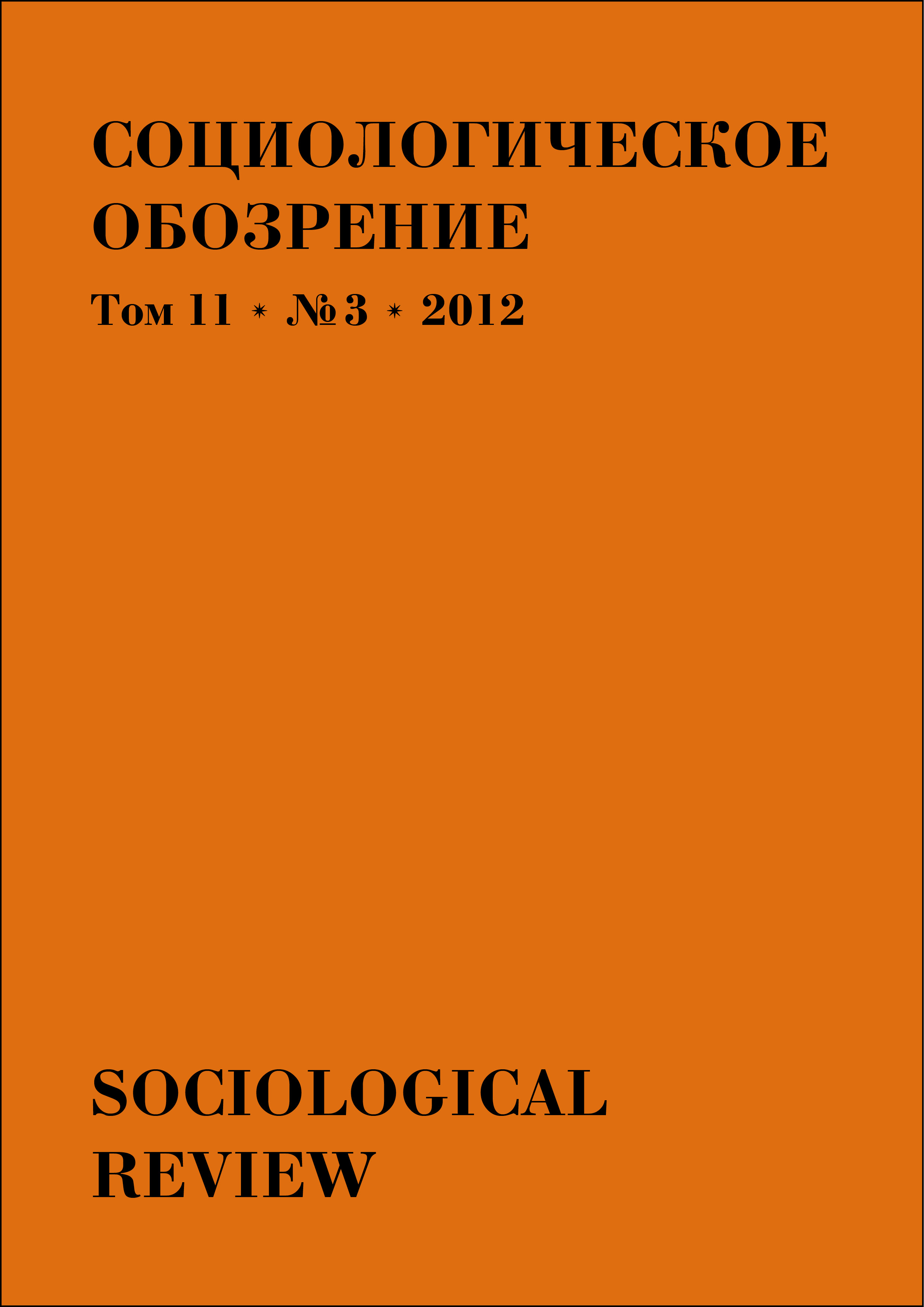Four domestications: fire, plants, animals and… us
Abstract
This paper is an abridged translation of two lectures given by James Scott at the Yale University within “The Tanner Lectures” project. In seeking to answer the question why throughout the entire course of human history all states seemed to pursue the only goal — to ensure by all possible means the sedentary life of their citizens — Scott suggests an “alternative” version of the historical process. While he rejects the dominant “civilizational narrative” about the backwardness, barbarity, savagery and other derogatory features of non-state communities, he concurrently develops quite another model and interpretation of the first agrarian states emergence referring to exactly the same set of historical evidence. Scott believes that we all are in constant danger of resisting the archaeologically based hypnosis of the greatness of empires. Until recently the idea of their unchallenged dominance has prevailed in scientific and non-fiction literature. As a result, a truncated version of human history dominates the science, which, on the one hand, focuses on the moments of statehood, “forgetting” about the long periods of complete absence of any signs of states; on the other hand, it ignores the fact that there always were large and well-populated areas outside small enclaves of imperial rule. Scott shows that in the course of history, humanity has lived most of its life up until recently without any states. This version of history does not match our current perception of the world as an almost completely and totally controlled administrative space.




